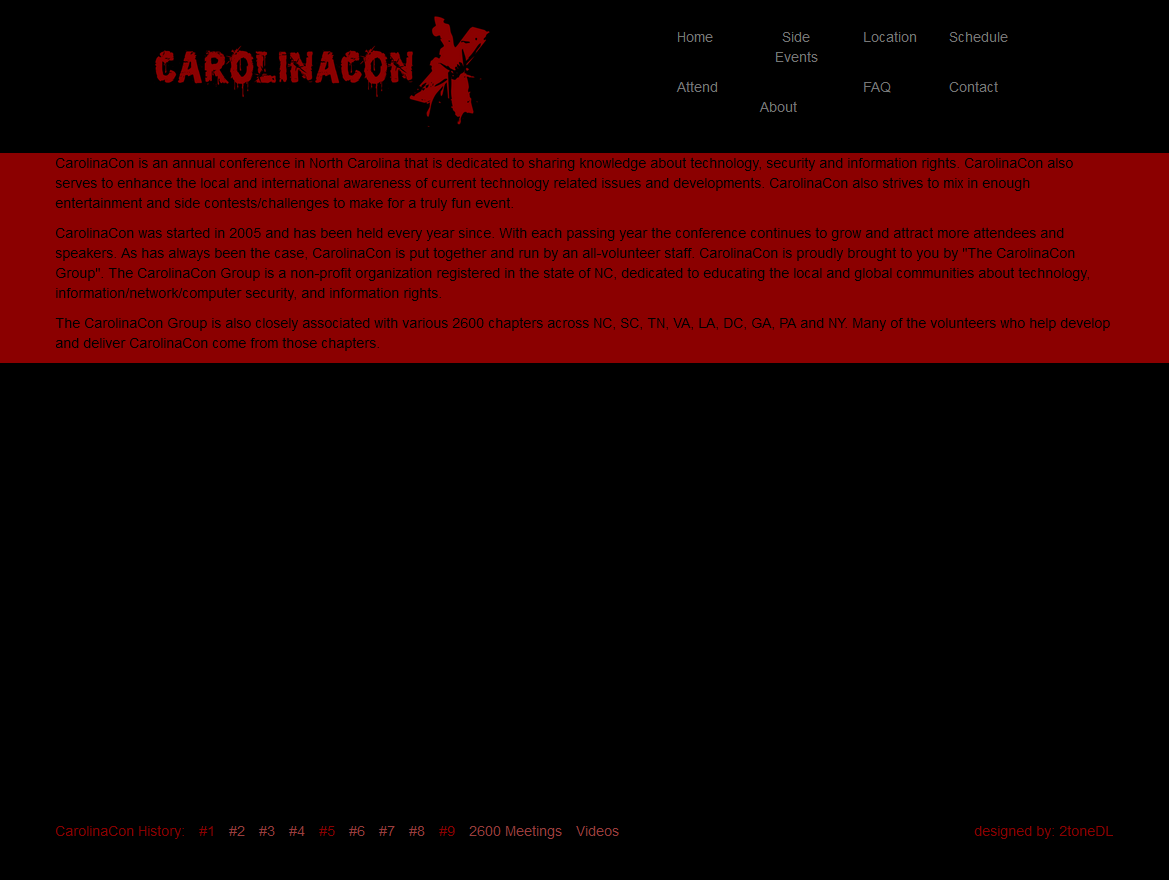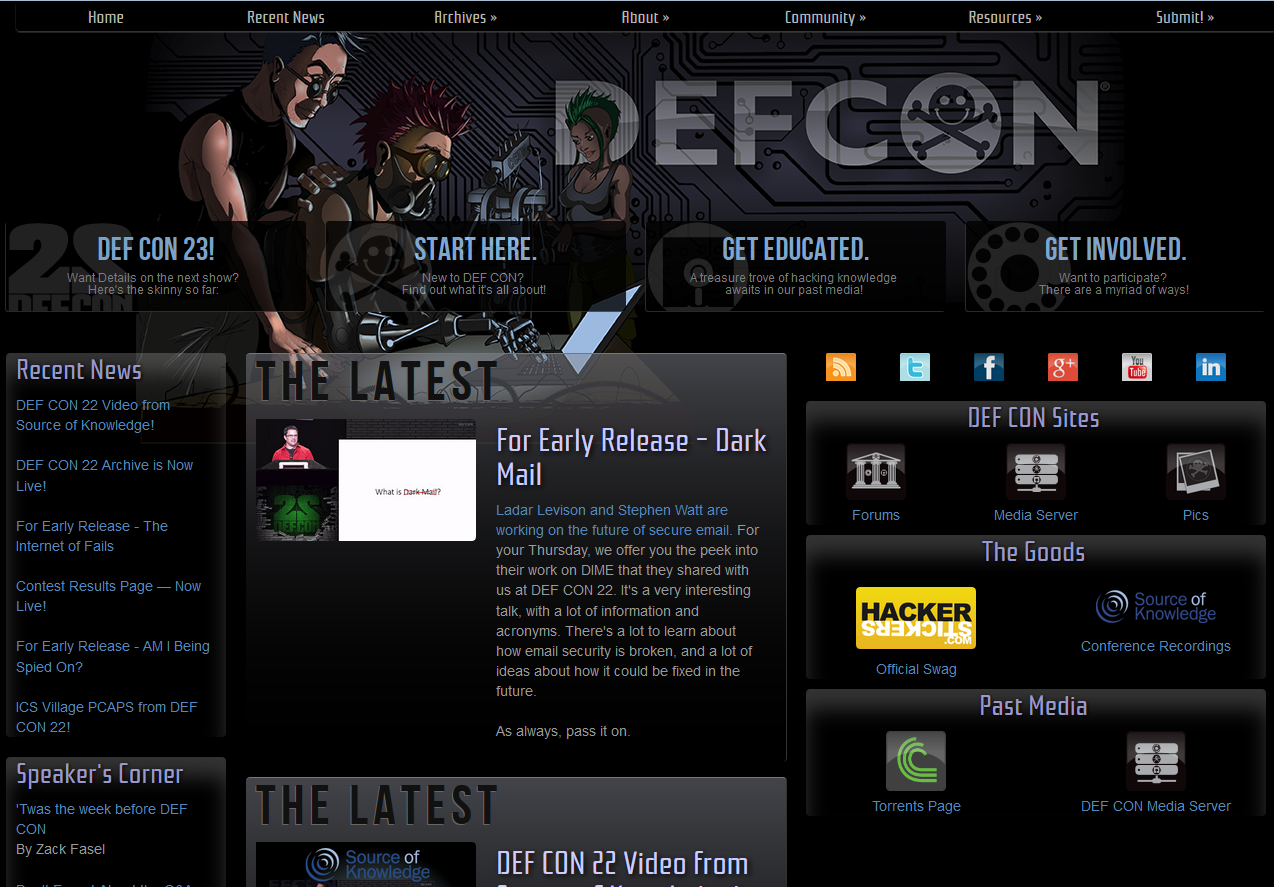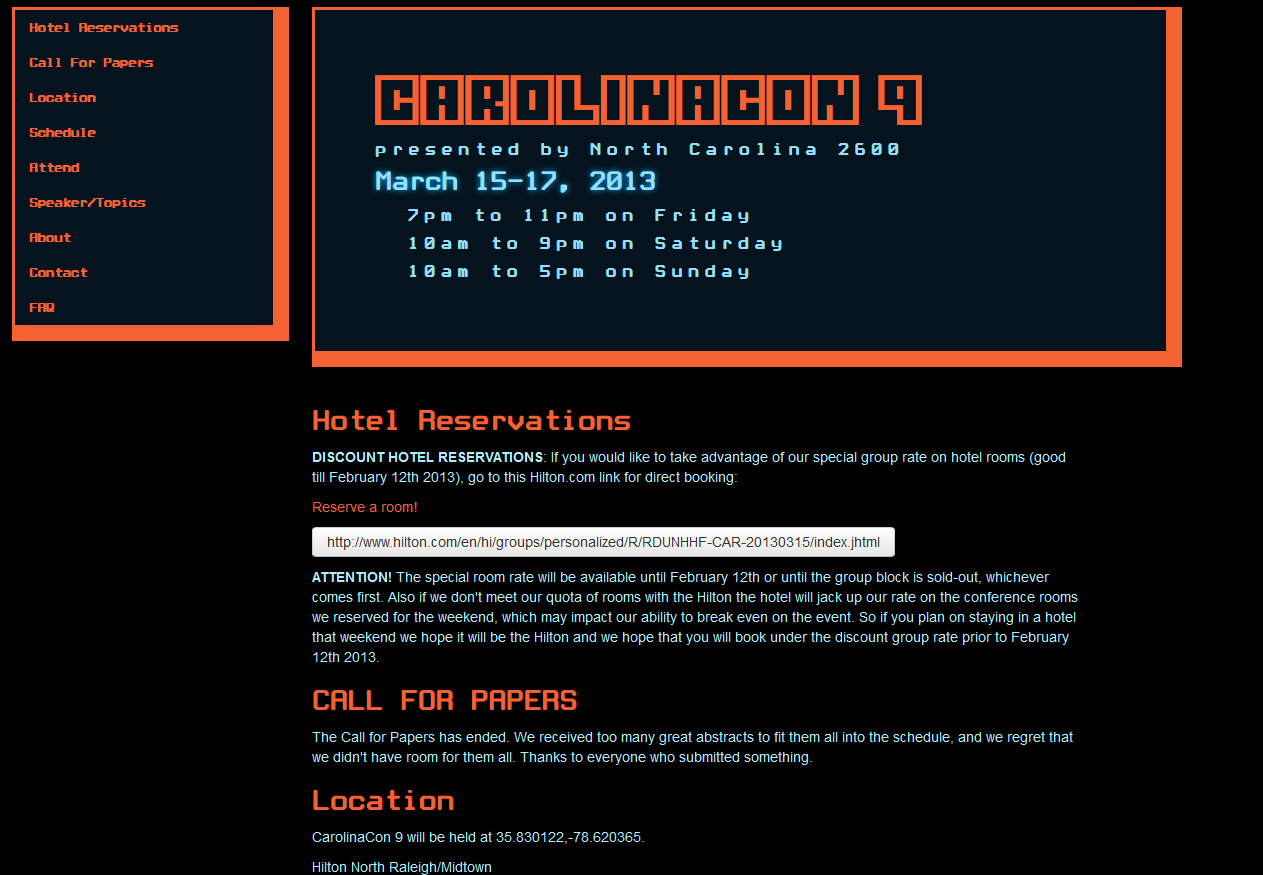I wrote a recommended resources post back in early 2017. I’d like to update that, as the resources I recommend have changed. I try not to think of my podcast as something for new people to the infosec field. However, the people reaching out to me the most are people who are new to the field. So, I’ve given in and I want to start creating a series of posts directed at new people or those trying to get into the industry. These posts are meant as a gateway, not an exhaustive list.
These are the resources I find the most useful. With out further ado.
Websites:
Krebs is considered the public Intrusion Detection System (IDS) for companies. If you’re getting a call from him, it’s probably not good. He covers various topic primarily around breaches, skimmers, and unmasking malicious actors. I’m friends with Steve. He reports on a variety of infosec related topics. When something breaks on Twitter he’s one of the first people I check to get accurate information.
Podcasts:
Risky Business is the best security podcast out there. It’s the podcast with the best content and quality. The podcast allows me to stay up with the latest infosec news. He’s got sponsored (gotta pay dem bills) podcasts that are just as useful. Security Weekly was the first podcast I listened to. It’s great for getting information and gaining an understanding of the hacker culture. After a while, for me, it turned into a bit of a boys club where they go off on tangents and genital jokes. Episodes are usually two hours long which sucks up a lot of podcast listening times. Finally, there’s the Peerlyst list of podcasts. It has an exhaustive list of infosec related podcasts.
Conferences and local user groups:
Conferences and local user groups are a great place to learn, while also meeting people in the field. The security community is inclusive and welcoming if you put yourself out there. That means doing that awkward social thing. There is very likely a BSides near you. Most local user groups can be found on meetup.
Training:
Information security is an ever changing field. To stay relevant in the field requires curiosity and a willingness to learn new things. Before getting to that point, we need to learn the basics. Irongeek and Pluralsight help with the basics and staying up-to-date. SANS SEC401 is a general course that will provide a good foundation for any security professional. I thought I was above the course, as I was taking it three years into my infosec career (and several more in IT). I was so wrong. The course helped fill in a lot of gaps for me from a security and IT perspective. I highly recommend the course for beginners and those already in the field.
This blog post first appear on Exploring Information Security




